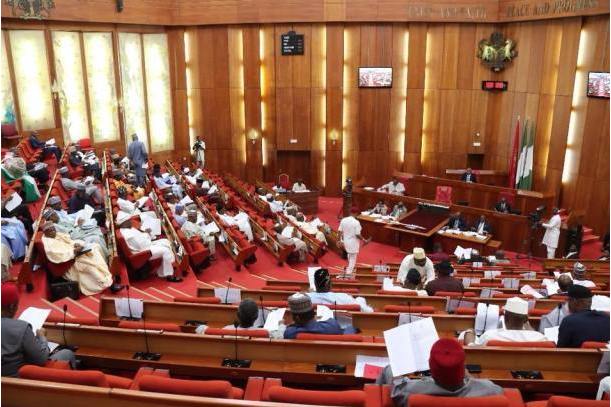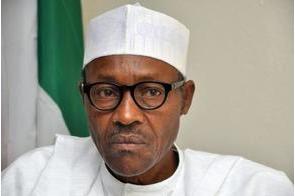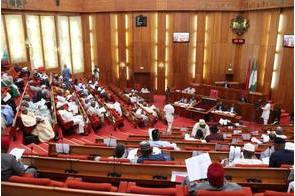Latest News
Senate confirms Ibrahim Tanko Muhammad as Chief Justice of Nigeria

News Highlight
President Buhari, in a letter sent to the upper chamber of the National Assembly, on July 11, asked that Muhammad be confirmed as the CJN.
Justice Ibrahim Tanko Muhammad has been confirmed by the Senate as the substantive Chief Justice of Nigeria (CJN). The Senate confirmed his appointment on Wednesday after screening him behind closed doors.
Before his confirmation, Muhammad had been functioning in an acting capacity since the suspension of Justice Walter Onnoghen, the former CJN, in January. President Buhari, in a letter sent to the upper chamber of the National Assembly, on July 11, asked that Muhammad be confirmed as the CJN.
President Buhari said in the letter, which was read by Senate President, Ahmed Lawan: “I have the honour to forward the nomination of Honourable Justice Tanko Muhammed for confirmation as Chief Justice of Nigeria. In accordance with Section 231 (1) of the constitution of the Federal Republic of Nigeria 1999 (as amended), which gives the president the power to appoint a Chief Justice of Nigeria on the recommendation of the National Judicial Council (NJC) and subject to the confirmation of the appointment by the Senate.”
Earlier in April, President Buhari obtained the NJC’s consent to extend Muhammad’s acting tenure by three months. On July 10, the NJC recommended Muhammad to be appointed as the substantive CJN.
Before his confirmation, Muhammad was quizzed by the Senate on the financial autonomy of the judiciary, administration of criminal justice and corruption in the judiciary, Punch reported.
Born in 1953 in Bauchi State and called to bar in 1981, Muhammad rose through the ranks in the judicial system. He previously served as the Chief Magistrate of the High Court of the Federal Capital Territory and a Judge at the Bauchi State Sharia Court of Appeal. Before joining the Supreme Court in 2006, he served as a Justice at the Court of Appeal.
Related News
Latest Blogs
- AML/CFT regulations and data protection require balance in regulating cryptocurrency
- It's time for honest discussions on Nigeria's security architecture
- Driving economic growth through green transition in Nigeria
- CBN is fighting inflation instead of stagflation
- Why electricity privatization failed (2)
Most Popular News
- IFC, partners back Indorama in Nigeria with $1.25 billion for fertiliser export
- CBN increases capital requirements of banks, gives 24 months for compliance
- CBN settles backlog of foreign exchange obligations
- Univercells signs MoU with FG on biopharmaceutical development in Nigeria
- Ali Pate to deliver keynote speech at NDFF 2024 Conference
- NDFF 2024 Conference to boost Nigeria’s blue and green economies






